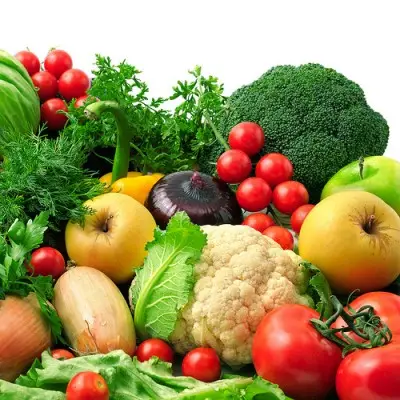I found this amazing series on Scoliosis on the website, Hollywood Homestead. The site’s author, Sylvie McCracken, is a celebrity personal assistant and mom of 3 by day, paleo enthusiast and blogger by night. She her husband, Eric, each lost over 60 lbs with paleo and continue to improve their family’s health with food and lifestyle tweaks.
The following excerpt from her series What Is Scoliosis, and I highly recommend reading the entire series. Take a look:
Nutrition and Scoliosis:
Several years ago, my daughter Natalie had to undergo major surgery for her idiopathic surgery. We went through a lot of alternative treatments and saw a lot of specialists. The whole process was very frustrating, particularly because doctors will tell you that they have “no clue” what causes scoliosis. Yet, there is significant evidence which links nutrition to scoliosis. This is very important because you may be able to prevent scoliosis by improving your diet. If your child already has scoliosis (which I am guessing is the case or you probably wouldn’t be reading this), then nutrition alone isn’t going to fix scoliosis. But good nutrition can help in these ways:
- Prevent the condition from getting worse
- Support scoliosis treatment (such as exercises, bracing or surgery)
Not to mention, since there may be a genetic component to scoliosis, it can also help prevent scoliosis progression in younger siblings. Here we will talk about what nutrient deficiencies may cause scoliosis, including calcium, collagen, fat soluble vitamins, and magnesium.
Can Nutrient Deficiencies Cause Scoliosis?
Idiopathic scoliosis often gets summed up as a genetic disease. There may be a genetic component to scoliosis, but saying that “scoliosis is genetic” is an over-simplified answer to what causes scoliosis. Nutrition is one of the factors which can determine if the genetic predisposition is shown.
As you probably know, scoliosis is most common in children during growth spurts. As Dr. Kevin Lau points out, “scoliosis develops because of your body not being able to keep up with the aging process.” If children don’t have adequate nutrition during high-growth periods, then their spines may literally buckle. (Source)
Since calcium is what gives our bones strength, it isn’t surprising that scoliosis is clearly linked to low calcium intake (fyi: our bones are mostly made out of collagen and not calcium; calcium is woven in with the collagen to give them strength). In virtually all studies, people with scoliosis also had low bone density. Studies also positively link scoliosis to diseases like osteoporosis and osteopania. (Source) To dismiss scoliosis as a “genetic problem” is overlooking the bigger picture. In a nutshell, you’ve got to fix nutrient deficiencies if you want to prevent or treat scoliosis.
Read more: Nutrition and Scoliosis – Hollywood Homestead http://www.hollywoodhomestead.com/nutrition-and-scoliosis/#ixzz3kymoQk2M
Follow us: @hollywoodhomest on Twitter

4 Responses
Dr. Carolyne Dean states in her book The’ Magnesium Miracle’, that correct levels of magnesium are essential for the proper use and absorption of calcium by the body. I notice you don’t mention that fact.
While yes, magnesium is important, I haven’t seen anything specific in scoliosis research stating that those with scoli are extremely deficient in it. I understand some people may be deficient in it, which would need to be determined via a blood draw and lab work, but as a blanket statement, I’ve not seen that a magnesium deficiency is the root of scoli.
Erin
Hi i have scoliosis and i am 48 i have a lot of back pian
Hi Ann Marie,
Thanks for reaching out. My staff and I would love to help you. I’d suggest booking a virtual lesson with either me, Jennifer Stark, or Sarah Case so we can assess your scoli and pain. Feel free to call or email the studio directly if you would like to speak to Spiral Spine’s client care coordinator.
Blessings,
Erin Myers